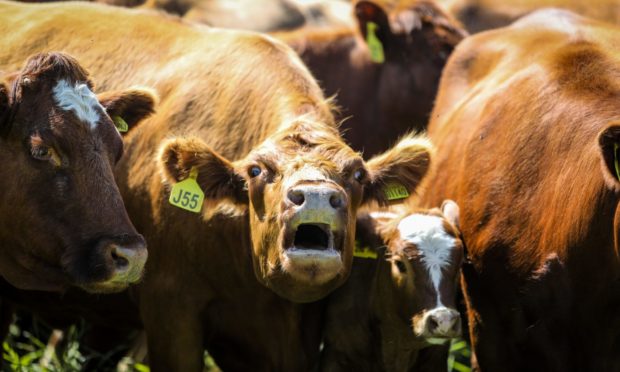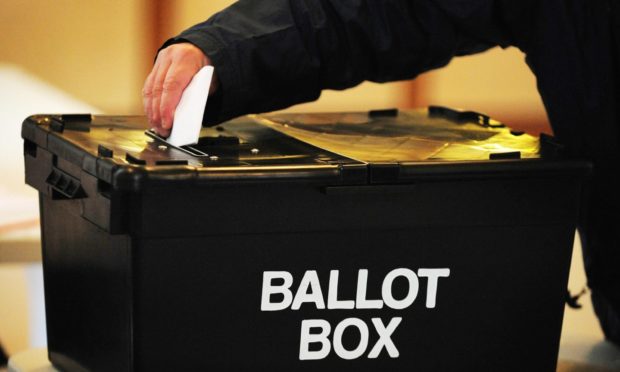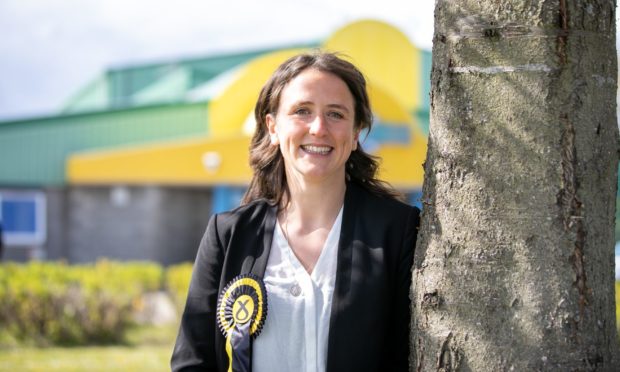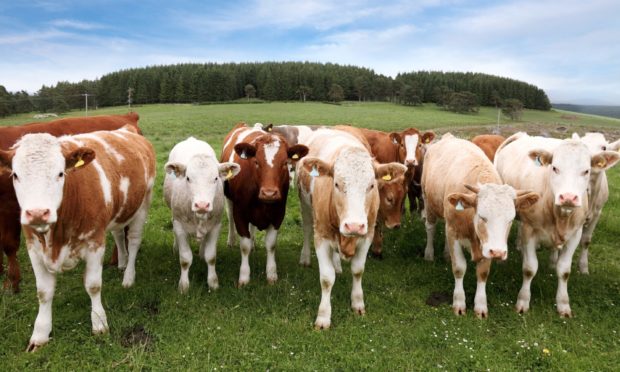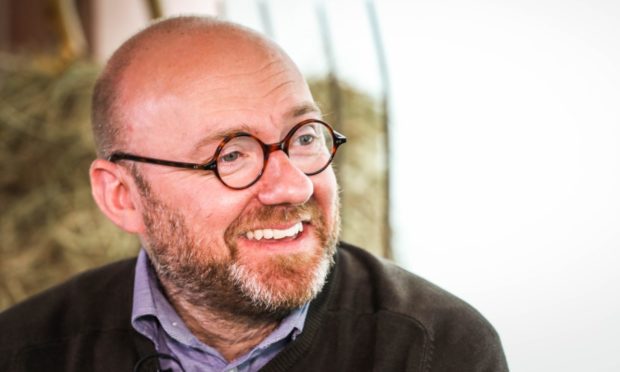At long last the heat has arrived.
Here in Ayrshire the temperature hit 25 degrees at the beginning of the week after one of the coldest springs in living memory.
For farmers, lambing and calving this spring has been hugely challenging with constant cold weather and little grass growth.
Thankfully the warm growthy weather this week has given crops and livestock a huge boost and they are really beginning to thrive.
Last month I predicted that the turnout in the Scottish election would struggle to rise above 50%.
Well, that turned out to be completely wrong.
In fact, at 63% it was one of the highest turnouts for a Scottish election.
The outcome saw the SNP fall one seat short of a majority, the Greens gaining two and voters splitting right down the middle on the independence question.
From a farming perspective the big change is long standing farm minister Fergus Ewing being dumped from the cabinet to the back benches and with it his personal pledge given during the campaign to reject the plan to cut cow numbers by 300,000.
Policy clarity needed
The election of a new Government comes at a critical time for the farming industry with an urgent need for decisions on future farm policy and how to decarbonise our food production system.
Looking at the makeup of First Minister Nicola Sturgeon’s new team of Ministers it is not at all clear who will be responsible for these key decisions which will determine the long-term future of the industry.
Mairi Gougeon MSP has replaced Fergus Ewing as Cabinet Secretary for Rural Affairs and Islands albeit with a slimmed down portfolio of responsibilities.
She of course served as a junior Minister for Rural Affairs under Fergus for two years so she at least should have a good grasp of the key issues facing the sector.
Mairi McAllan – a newly elected MSP who has no parliamentary experience whatsoever – has gone overnight from researcher to Minister of the Environment, Biodiversity and Land Reform.
It will be interesting to see how she responds to being thrown in at the deep end.
Surprisingly, she not only reports to Mairi Gougeon but also to Cabinet Secretary Michael Matheson, who has an overarching responsibility to deliver on net-zero, the climate crisis biodiversity and environmental protection.
All political parties during the campaign agreed that the farmer-led working groups’ recommendations would be the starting point for a new farm policy.
However, as the suckler cow group found to its cost when it came to the implementation of their report there was a huge fallout on how to achieve the emissions reduction.
According to members of the group, civil servants claimed the total reduction in carbon emissions from the actions recommended by the farmer groups failed to meet the targets laid down in the Scottish Government’s climate legislation.
They wanted the group to include a reduction in cow numbers by 300,000 to make up the shortfall and deliver the target.
Fergus Ewing was clear on what side of that crucial argument he stood but which Minister will now take that decision?
Will it be Gougeon who is responsible for agriculture or Matheson who is responsible for delivering the net-zero target?
Coalition
The other wild card in all this is the talks between the SNP and the Greens about bringing them into Government.
First Minister Nicola Sturgeon clearly believes that a deal with the pro-independence Green party will give her a majority and strengthen the case for another referendum.
The prospect of Patrick Harvie and his colleagues being at the heart of Government is giving business leaders sleepless nights.
The Greens are unashamedly anti-business, anti-growth and anti- trade.
On the economy they want to focus on wellbeing instead of growth and plan to force companies to move to a four-day working week.
They have made it clear they want to shut down North Sea oil which would hit the north-east economy hard.
Their manifesto plans for rural Scotland are just as radical.
They claim our uplands and glens have been destroyed by overgrazing with cattle and sheep, and they plan to clear them and allow the land to return to nature by rewilding it.
They would abandon the drive to increase Scottish food exports and instead concentrate on supplying local food markets and establishing veg box schemes.
Food exports are the lifeblood of our industry with the Scottish market only accounting for around 25% of Scottish red meat production.
Any attempt to focus exclusively on local markets would have devastating repercussions for the size of the farm sector.
If the Greens ever got the opportunity to turn their plans into reality, rural Scotland would be transformed from a bustling productive export-led farming industry into a glorified wildlife park with small-scale local food production focussed on the Scottish market.
The crucial question must be how much power, and influence will FM Nicola Sturgeon have to give the Greens to persuade them to join her government?
It seems to me that Scottish businesses and rural Scotland will pay a heavy price if she succeeds in bringing them onboard.
- George Lyon is a former MEP and a former president of NFU Scotland. He is a senior consultant for Hume Brophy.
